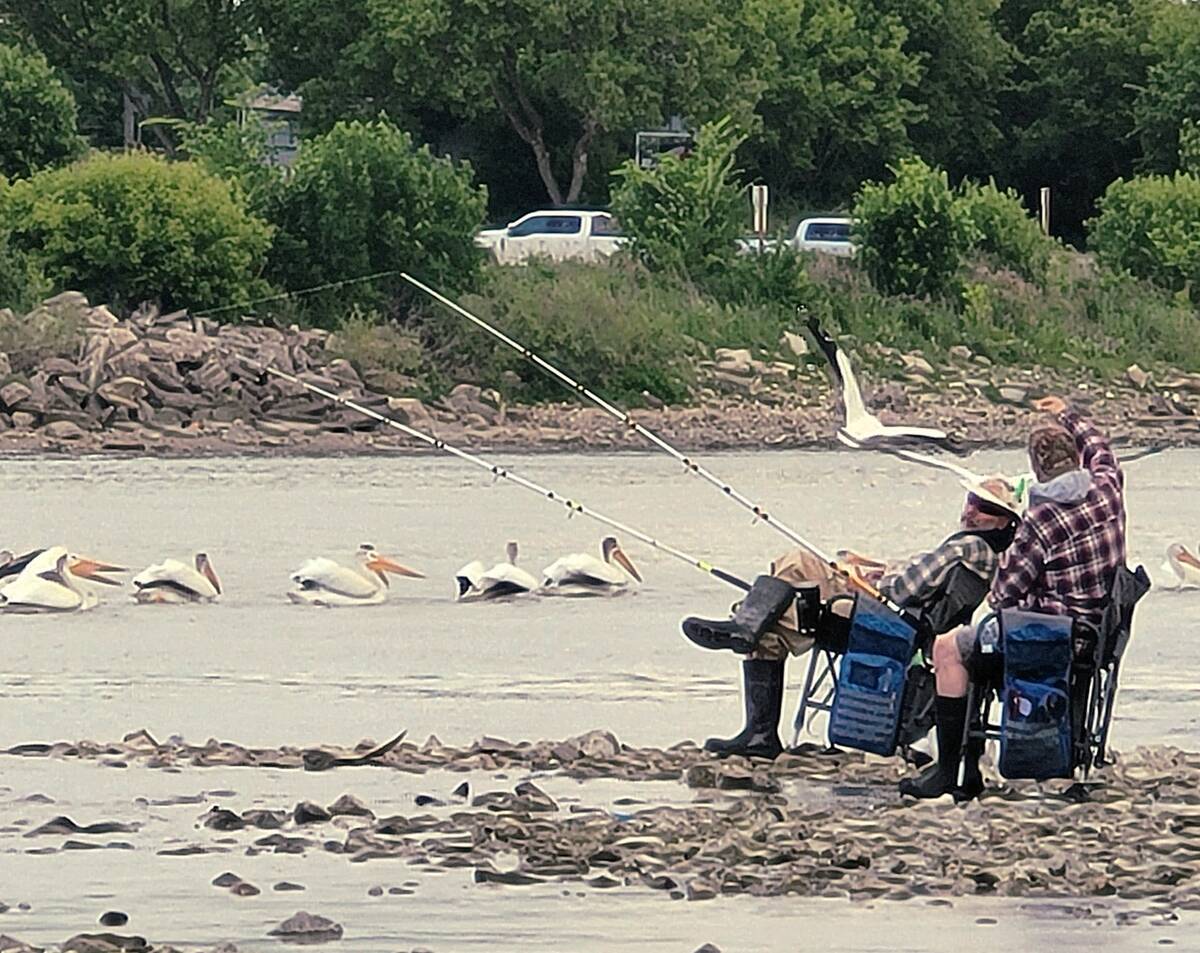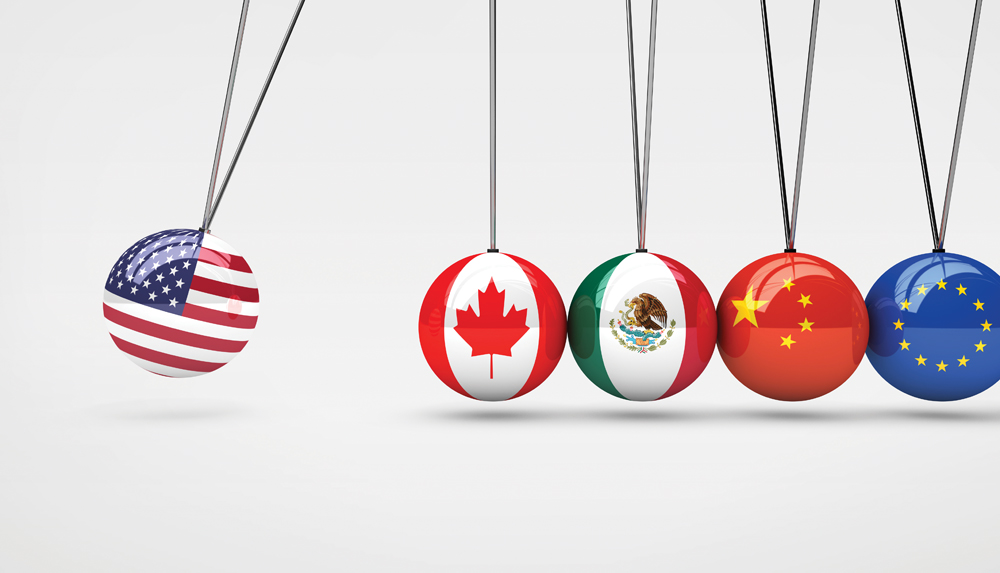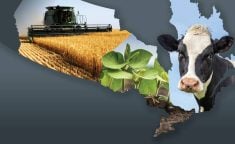Industry leaders say Canada needs to step up its efforts to protect the agricultural sector’s interest in what has been characterized as “… the most protectionist era since the Great Depression.”
While it’s encouraging that reference by Foreign Affairs Minister Chrystia Freeland shows the federal government is aware of the issues caused by rising trade protectionism, some are questioning whether enough is being done to bolster Canada’s ability to respond.
Cam Dahl, president of Cereals Canada, is calling for more commitment to making sure the right skills and expertise are in place.

“I think we need to make sure our regulatory agencies have enough capacity to respond,” he said. “That includes the Market Access Secretariat, the Canadian Food Inspection Agency and the PMRA (Pest Management Regulatory Agency).”
Government regulators need to be proactive too, by working with customers’ regulators, he said.
He cites the example of Peru, a major customer for Canadian wheat that has said it wants to impose restrictions on weed seeds, which would make exporting to that country too risky.
Peruvian regulators are coming to Canada in late summer to learn about Canada’s quality assurance system. The hope is they may rethink their position on weed seeds.
Annual new crop missions are another big part of being proactive, Dahl said. Every fall Cereals Canada, the Canadian Grain Commission and Canadian International Grains Institute visit wheat buyers to tell them about the crop and get feedback.
But it’s also about building relationships, an unsung benefit that flies below the radar.
“Because of the new crop missions we have a really good working relationship with the industry in Peru,” he said. “And when stuff happens those relationships are just incredibly valuable.”
Brian Innes, president of the Canadian Agri-Food Trade alliance and vice-president of public affairs at the Canola Council of Canada (CCC), agrees federal agencies need the resources to engage when trade tensions arise.

“Complacency and isolation are our biggest enemies,” he said. “The world is constantly changing and we need to be vigilant.”
That means Canadian scientists need to be able to talk to their counterparts in other countries, he said. It will require a co-ordinated approach that includes political representatives as well, all going to bat for Canadian industry.
“There’s always a tendency for isolation and that is no recipe for success,” Innes said.
There’s a proven track record of co-operation and collaboration leading to better outcomes for all, he added.
Big guns
Sometimes that approach won’t work and it means taking steps like going to the World Trade Organization (WTO) for a ruling, even though that’s a long process.
Read Also

The joys of fishing from shore
Manitoba has many lake and river shorelines to drop a fishing line without the cost of a boat, making shore fishing more accessible, and anglers can still catch impressive fish.
It took Canada and Mexico eight years at the WTO to get the U.S. to repeal its country-of-origin labelling (COOL) law that discriminated against Canadian and Mexican pork and beef, for example.
“There is a menu of things that we can do to resolve issues, but it takes commitment, it takes effort, it takes resources,” Dahl said.
“We have a full-time veterinarian in China at our embassy. We’re not aware of the equivalent on the plant side.”
If Canada wants its trading partners to play by the rules, then Canada must make science-based decisions itself, Jean-Marc Ruest, Richardson International’s senior vice-president of corporate affairs and general counsel, said in an interview April 17. That company was the first hit with a ban on its canola shipments to China earlier this year.
Some provincial and municipal government’s have banned pesticides in urban areas, which conflicts with a science-based approach, he said. It might seem like a small thing, but it’s difficult to argue for one thing abroad, while practising another approach at home.
Richardson wants the government to find new tools to resolve trade disputes faster, Ruest said.
Having those tools at the ready will be very important during a trade era so challenging. Nevertheless, Ruest sees room for optimism.

“Our investments are predicated on our long-term view of the industry,” Ruest said. “I don’t think we’ve seen anything up until now that has caused us to change our view on the industry and we will carry on.”
Against this backdrop of bad news, farmers must be more vigilant than ever.
They need to be locking in profits when they can. Meanwhile, it’s expected changes to cash advances may help with short-term cash flow. There’s also talk of an ad hoc program to help finance the purchase of additional grain storage.
Most economists agree trade is good, as it encourages efficient use of resources. The bet is the pendulum will swing back — eventually.
“Complacency and isolation are our biggest enemies. The world is constantly changing and we need to be vigilant.”
“I think we need to make sure our regulatory agencies have enough capacity to respond.”
“Our investments are predicated on our long-term view of the industry.”




















